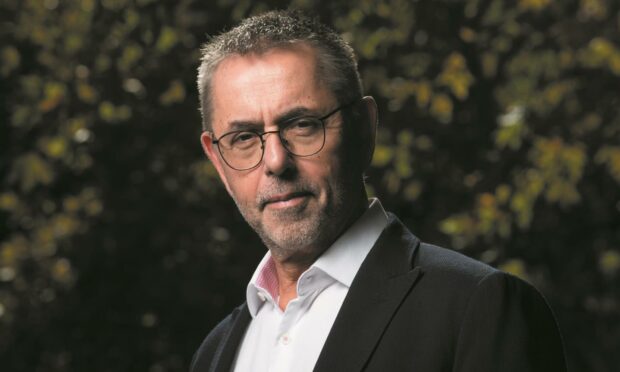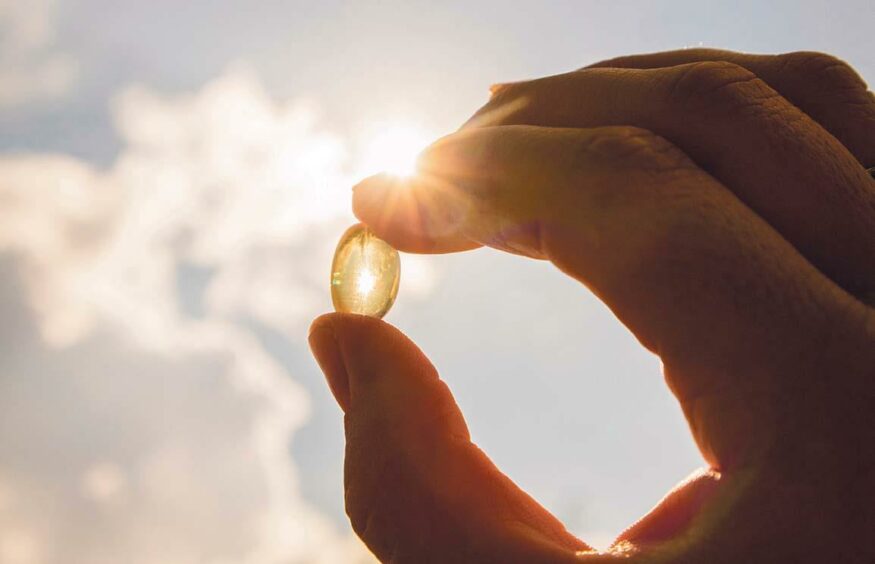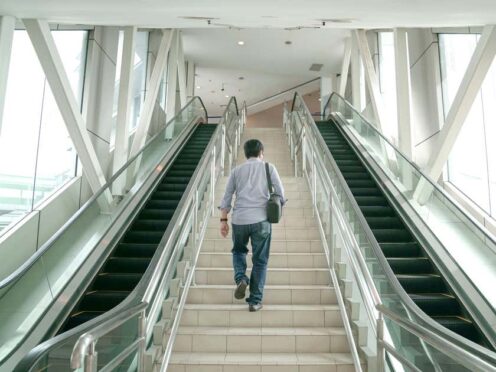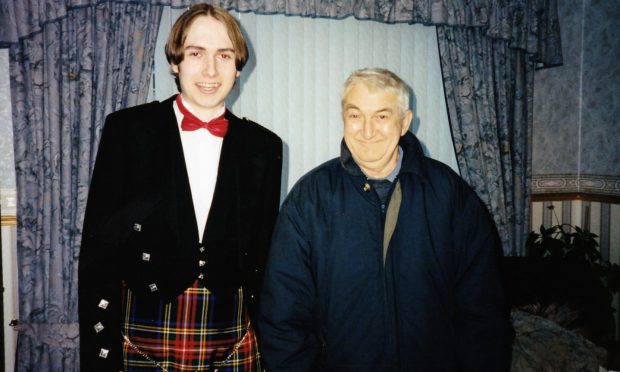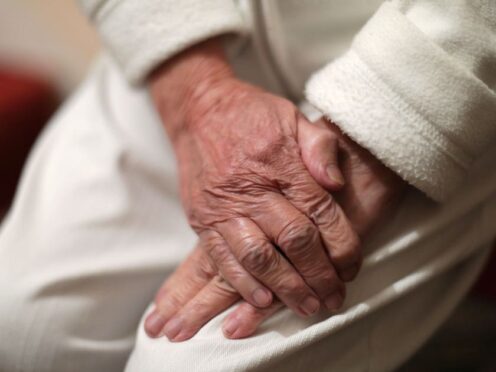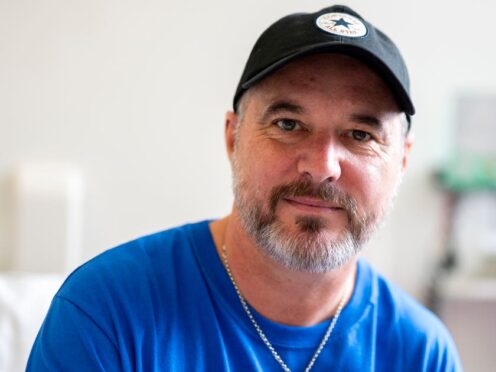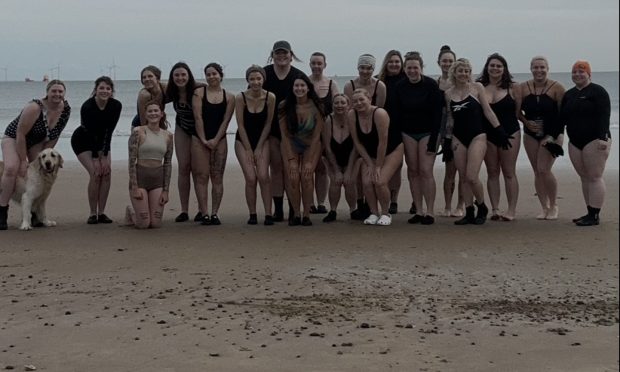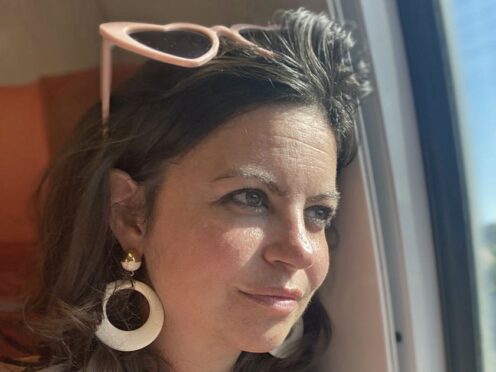Ever wondered what the secret is for living healthier and longer?
It’s a question many of us think about throughout our lives, especially when our bodies start to look and feel older.
You only need to walk down the health aisle of a supermarket to realise just how many supplements there are.
But Dr Norman Swan, who has written the new book So You Think You Know What’s Good For You? warns you can’t just pop a pill each day to be healthy.
The former Aberdeen Royal Infirmary doctor penned the guide after becoming fed up seeing others touting the “secrets” to good health, like supplements or “super foods”.
He was keen to show there are actually several factors we need to consider to help us live healthy, long lives.
“There are things that you can do which will maintain your body in a youthful state for longer,” he says.
“And even if you’re older, they will help you return to a more youthful state.”
Live longer: So how should we cook?
We’ve all heard that Mediterranean diets help us live longer but did you know that the way you cook these ingredients is just as important?
“The thing about the Mediterranean diet is actually about the way you cook,” Dr Swan says.
“And cooking turns out to be a really big part of keeping yourself healthy longer.
“If you eat a tomato it’s really good for you, but nothing like if you chop it up and have it on a salad with olive oil, that changes the chemistry of the tomato.
“And if you cook the tomato, it releases even more powerful antioxidants than anything you can buy on a shelf in the pharmacy.”
These powerful antioxidants fight molecules known as free radicals that can harm our bodies and age us.
Dr Swan highlights how cooking a sofrito, a savoury paste generally made out of tomatoes, garlic and onion is an “anti-ageing bowl of chemicals”.
Experiments have also shown that people eating vegetables cooked in extra virgin olive oil absorb more antioxidants.
Dr Swan, who now lives in Australia, advises swapping the diet supplements for healthy oil, vegetables and a Mediterranean cookbook instead.
Why do I need to focus on my blood pressure when it’s not high?
You can take steps each day to keep your blood pressure in a healthy range.
High blood pressure can reduce your life expectancy by around five years – and increases your risk of dementia, heart attacks and strokes.
But Dr Swan says most people don’t take any preventative action until they’re told by their GP there’s a problem.
However, there are steps you can take to keep it healthy such as reducing your salt intake, losing weight and reducing any chronic stress you may be facing.
The Aberdeen University graduate points out that high blood pressure speeds up the ageing process by making your arteries less elastic.
This decreases the flow of blood and oxygen to your heart and can lead to heart disease.
How much exercise do we need to keep our bodies young?
Exercise is also a major factor in preventing our bodies from ageing faster than they need to.
Dr Swan’s advice is to choose an exercise that raises your pulse significantly, then aim to do it for about 40 minutes most days of the week.
This will reduce your risk of falling ill with the likes of stroke, diabetes, heart disease and cancer.
“There is no pill and no magic diet that equals exercise in its effects,” Dr Swan, who is now an award-winning producer and broadcaster in Australia, says.
Even exercising if you’ve been diagnosed with cancer helps you “live longer and better”.
His book is filled with tips on how to lose weight in a healthy way, reduce your blood fat, and even discusses fertility, falling in love and relationships.
“What I’m doing in the book is giving a very comprehensive view of the stuff you need to do to be healthy, ” the doctor says.
“And none of it is terribly hard to do.”
So You Think You Know What’s Good For You? by Norman Swan was published earlier this month and is now available at all major booksellers.
More health news…
Feeling sluggish at work? The three reasons for the post-lunch slump
Why low carb diets can be dangerous
Fitness expert dishes out five ways to make your workout a habit
